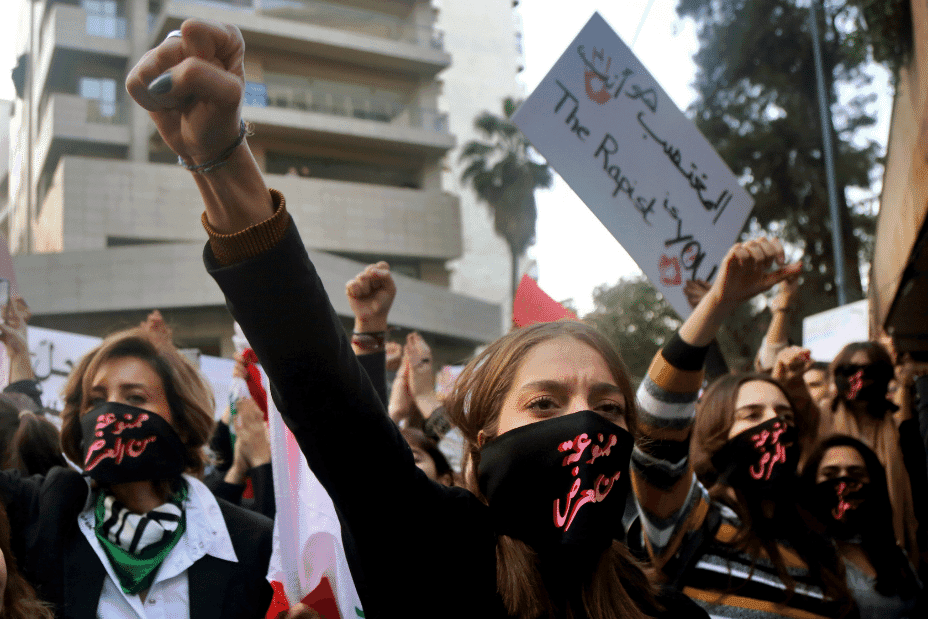Blog
Paving the path to equal access to justice for women and children
There are numerous hurdles including societal norms and economic constraints.

Access to justice for women and children is critical in the context of the women, peace and security (WPS) agenda. It acts as an important safeguard for victims of crimes, such as gender-based violence, allowing them to seek legal remedies and hold perpetrators accountable. Yet, numerous hurdles impede women from accessing justice, stemming from societal norms, economic constraints, and knowledge disparities.
I recently had the opportunity to explore these challenges during a roundtable organised by Justice Without Frontiers on 8 November, which gathered key stakeholders in the realm of access to justice in Lebanon. Participants included representatives from security agencies, judges, lawyers, and civil society organisations. We grappled with a fundamental query: "do women and children possess the key to justice?" Unraveling this question resulted in several key ideas, which intersect with Siren’s ongoing research into the actors and processes involved in responding to domestic violence.
Navigating obstacles: key challenges in women's access to justice
In terms of social acceptance, deeply rooted gender norms and discriminatory practices against women can act as barriers for women seeking justice. On the economic front, financial constraints may restrict women and children’s ability to pursue legal remedies, with women often prioritising access to food over justice. Moreover, knowledge gaps regarding women’s legal rights and procedures pose additional hurdles. These challenges were central to the discussion; however, other significant issues of similar magnitude were also raised, such as the centralisation of Lebanon’s judicial system. Discriminatory constitutional provisions, laws, regulations, procedures, customs and practices that are based on traditional gender stereotype also often place women in a weaker position in their relationship with the justice system.
Shifting perspectives: from duty to right in training
Access to justice requires that relevant stakeholders are properly trained and qualified. Women should have the right to deal with properly trained people and have their cases processed by them. All stakeholders involved in facilitating women's access to justice, including investigators, lawyers, and judges, should undergo effective and strategic training, with a long-term vision focused on sustainability and continuity. These trainings should ensure that the first responders and the judicial system are aware of and understand the laws, prompting them to act in accordance with legal provisions.
Tackling procedural hurdles for decision efficacy
Procedural issues shape the effectiveness of decisions when women seek access to justice. Often, the complexity of legal processes and procedures becomes a stumbling block. Tackling these obstacles is essential if the justice system is to operate fairly and if women are to have a clear and accessible route toward justice. Steps such as streamlining procedures and increasing decision effectiveness are necessary for a more just and equitable environment for women.
In conclusion, women and children indeed hold the key to justice, but it is a rusty key. Unlocking the door to justice requires not just societal acceptance but also the concerted efforts of legal experts to mend and refine this key. Once the door is opened, continuous support to help women navigate procedural activities and securing fair and effective decisions is obligatory. However, accessing justice should not be a challenging journey. The pathway to justice should be simple with the right for women to choose to step onto it.